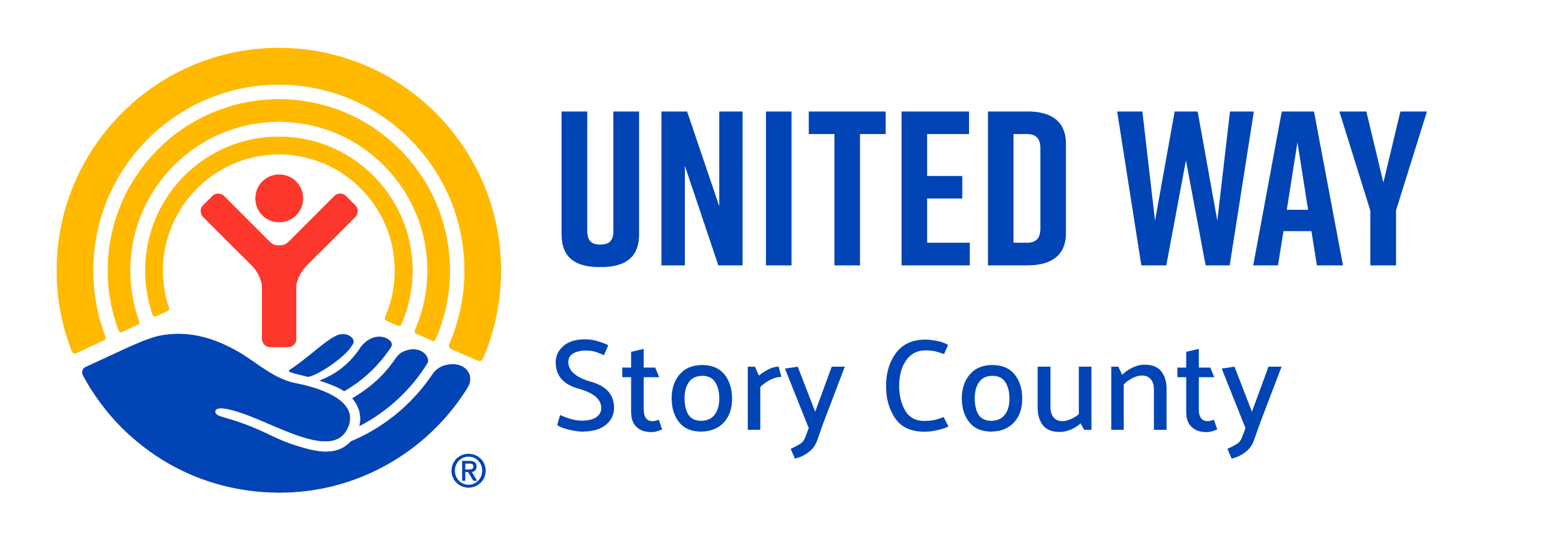WASHINGTON, D.C., March 3, 2016 – The Campaign for Grade-Level Reading, a collaborative effort to increase reading proficiency among children in low-income families, announced its 4th Annual Pacesetter Honors. Thirty-eight communities across the nation, including Ames, have been recognized as Pacesetters for “leading by example” to solve one or more of the challenges that can undermine early literacy – school readiness, school attendance and summer learning.
“Pacesetter Honors are among the highest awards presented by the Campaign,” said Ralph Smith, the managing director of the Campaign for Grade-Level Reading. “We are very proud of these communities and the numerous organizations and individuals behind them for joining forces and working tirelessly to uplift children and families. They remind us that we are seeing great progress and real results all across the country."
Pacesetters are part of a nationwide network of more than 240 Campaign communities, representing 42 states, the District of Columbia, Puerto Rico and the U.S. Virgin Islands with 2,100 local organizations (including 130 United Ways and 250 state and local funders). The Campaign communities are dedicated to narrowing the achievement gap between children from low-income families and their more affluent peers. According to the U.S. Department of Education, that gap has widened significantly in recent years, with 80 percent of low-income kids failing to read proficiently in fourth grade compared with 49 percent of their more affluent peers. Reading proficiency by the end of third grade is a milestone on a child’s path to high school graduation and career success because it marks the transition from “learning to read” to “reading to learn.” Students who have not mastered reading by that time are more likely to drop out of high school and struggle throughout their lives.
Pacesetter communities completed a rigorous self-assessment and were identified based on meeting the following criteria:
- Demonstrating measurable improvement in outcomes for low-income children on school readiness, school attendance, summer learning and grade-level reading
- Operating with an updated Community Solutions Action Plan (CSAP)
- Implementing key strategies for success and replicating proven and promising strategies, programs and practices
- Integrating efforts to support parent success and address the health determinants of early school success
- Driving with data to establish baselines, set targets, track progress, disaggregate for subgroups, tailor strategies and ensure accountability
- Building a coalition of local funders committed to achieving results
“If we’re going to close the achievement gap, we need mobilized communities – like these Pacesetters – working with schools, city agencies, nonprofits, civic leaders and parents to focus on third-grade reading,” Smith added. “These Pacesetter communities inspire us to believe that great things can happen when all of us support parents, care providers and educators as they work to ensure more hopeful futures for our children.”
Pacesetter Honors have been awarded to communities and partners in the Campaign network since 2012, and Ames has been recognized with this honor for the last three years. View the complete list of honorees. Pacesetter communities will be formally honored at the Campaign’s 2016 Funder-to-Funder Huddle to be held in Washington, D.C., April 7-8. Each Pacesetter will receive a certificate and special recognition banner to showcase their award throughout their communities.
###
About the Campaign for Grade-Level Reading:
Launched in May 2010, the Campaign for Grade-Level Reading is a collaborative effort of funders, nonprofit partners, business leaders, government agencies, states and communities across the nation to ensure that many more children from low-income families succeed in school and graduate prepared for college, a career and active citizenship. Since its launch, the Campaign has grown to include more than 240 communities, representing 42 states, the District of Columbia, Puerto Rico and the U.S. Virgin Islands with 2,100 local organizations and 250 state and local funders, including 130 United Ways. To learn more, visit gradelevelreading.net and follow the movement on Twitter @readingby3rd.
